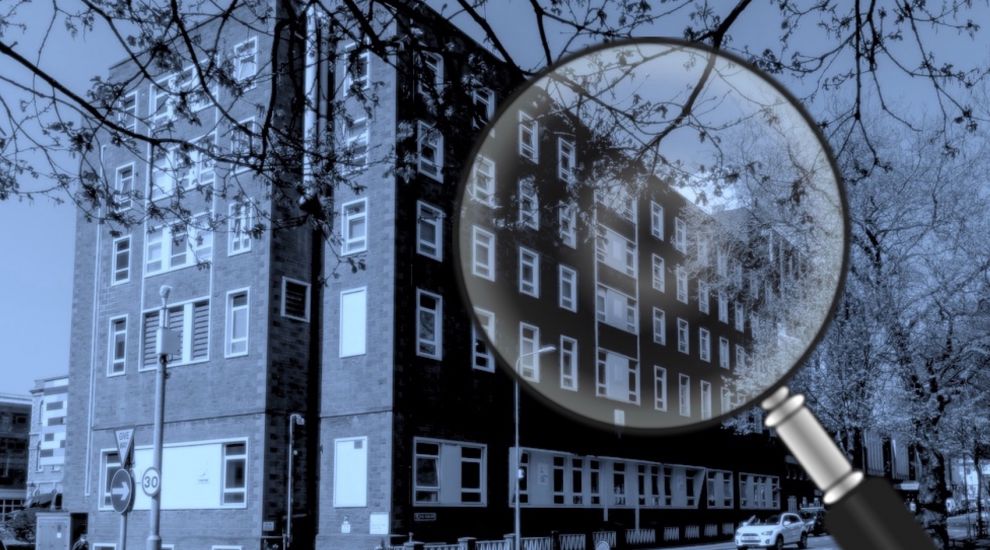


It’s not about the dedicated, caring staff at the front door, but the antiquated processes that surround them. From prevention through community and hospital care to rehabilitation, there are many issues. Some are in the public domain and others are hidden from public scrutiny.
Let's start with prevention.
Some aspects are good, such as centralised recall for childhood/shingles vaccinations and screening for bowel cancer.
If you are a lady over 50, however, how did you hear about mammography? Were you invited for screening at or near the age of 50? Did you realise entry into the system is ad hoc rather than systematic?
If you are a man of 65, in the UK you would be invited for screening for an aortic aneurysm - enlargement of this main artery which can enlarge with age and ultimately rupture. Not in Jersey.
Once worrying symptoms are detected, particularly outside screening processes, there are few clear/systematic pathways for rapid diagnostics and assessment such as the 'two-week wait' for possible cancer in the UK.
At least our primary care system is up to scratch - or is it?
The fact that here has been little government investment for over a decade has recently been aired repeatedly in the media.
Further, there is no funding explicitly earmarked for management of long-term conditions in the community, either via the Jersey Care Model (JCM) or the Government Plan, with additional funding now totalling circa £100m on top of the £240 million already spent annually . (by contrast annual government spend on primary care services is around £8 million).
All this constitutes an evolving crisis of care in the community where the JCM has earmarked most of it to occur. Both issues will be covered further in future articles.
It seems to me that, inevitably, more pressure will ultimately be placed on the Emergency Department, outpatient clinics and the envisaged 'acute hospital' rather than the opposite, as is allegedly the intended purpose of the JCM.
What of readmissions running at 12.5% (one in eight) within 30 days? Care in the community is a laudable aim but at what cost, both financial and human? There is a difference between being 'fit for discharge' and safe to send home and being able to care for yourself at home.
Virtually every readmission represents a failure of care. Rapid discharges are all very well but only if the patient is well enough and there is sufficient follow up and care in the community. There are moves to improve this as our demographics change but the reality of the here and now is what should concern us most.
The debacle that was the closure of Samarès, the purpose-built rehabilitation ward, spoke volumes of how care was prematurely devolved to the community at significant cost to patients, financial and human. We had all presumed the exercise produced cost savings. In fact, HCS savings were minimal (approximately £100,000, although placed as a £1.8m in the states FY 2020 accounts) and, when one includes the cost of extra care in the community and replacement of the facility, the shot in the foot is that, overall, we ended up paying more for an inferior service. By the way, we also lost the 'Falls Prevention Service' following a loss of associated rehabilitation staff.
As a Bailiwick Express reader advised only a few months ago, 'Do not have a stroke in Jersey!'
This article is part of a series by Dr Nigel Minihane, which continues next week.
Make sure you don't miss it by signing up to Express's daily news email HERE.